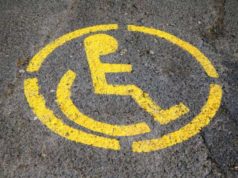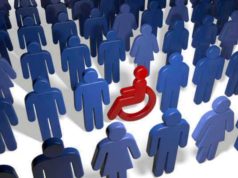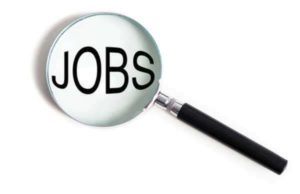
How Unemployment Compensation Works
Unemployment compensation is compensation received worker who is unemployed through no fault of his own and is given for a period of time or until the worker finds new employment. The money comes from the federal as and state government. In the United States and is considered a type of type of social welfare benefit. Eligibility for unemployment compensation and other unemployment benefits as well as the length and amount of benefits available is determined by state laws.
The idea of unemployment insurance and unemployment compensation began in the United States in 1932. Through the Social Security Act of 1935, the Federal Government encouraged the individual states to set up unemployment insurance plans. Today, there are state unemployment insurance programs for each state as well as plus one in Puerto Rico and the District of Columbia. These programs are sponsored by both federal and state employer payroll taxes.
To encourage these programs, Congress also passed the Federal Unemployment Tax Act, authorizing the IRS to collect federal employer tax annually used to fund state workforce agencies as well as the costs of managing the Unemployment Insurance & Job Service programs in every state. It also pays half the cost of extended unemployment benefits and sets up a fund that states can borrow from to pay benefits.
Regular unemployment compensation benefits are usually paid up to 26 weeks in most states. Depending on the rates of unemployment, additional weeks are sometimes given as well. In most states, the amount of unemployment compensation given is equivalent to half the earnings, up to a certain amount. As stated in the Internal Revenue Code, unemployment compensation is included in a taxpayer’s gross income.
When receiving unemployment compensation, it is also a requirement to actively seek employment. This means searching for jobs, applying and submitting resumes, and not turning down a position if it meets certain given standards.
The following circumstances may disqualify you from collecting unemployment benefits, depending on state law:
• Fired for misconduct
• Quit without a legitimate
• Left to get married
• Attending School
• Resigned due of illness
• Involved in a labor dispute
• Self-employed
Unemployment compensation can be filed for both online or by phone. Certain information is required to file a claim, including:
• Name, address, phone number
• Previous dates of employment for employers in the past two years
• Social Security number or alien registration card for resident aliens
After getting laid off, filing for unemployment compensation is the first course of action that should be taken. It can take two to three weeks to receive the first check so it is important to prevent a delay in collection.





































